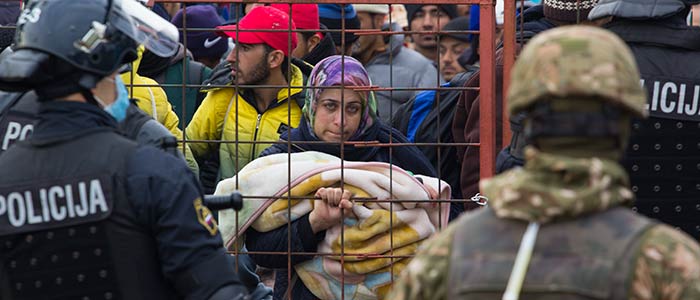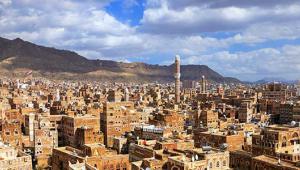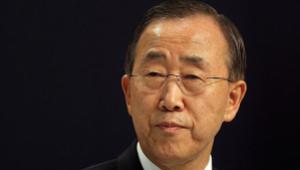A statement issued by Ban’s spokesperson on Friday said he is following the increasing border restrictions, sparked by Austria’s move to limit the number of migrants that can pass through its territory daily, with “great concern”. It urged countries to act in the spirit of solidarity.
“The secretary general is fully aware of the pressures felt by European countries,” the statement said.
“However, he calls on all countries to keep their borders open and act in a spirit of responsibility sharing and solidarity, including through expanding legal pathways to access asylum.”
Ban stated that the border restrictions adopted by Austria, Slovenia, Croatia, Serbia and Macedonia were trapping refugees in Greece, where the number of asylum seekers entering continues unabated, while Turkey is already hosting in excess of 2.6 million refugees and asylum seekers.
Austria’s move to restrict the number of refugees it allows into its territory to 3,200 every day sparked a domino effect of similar measures across the Balkan land route where refugees travel from Greece into Europe, most hoping to find refuge in a country like Germany.
This has caused chaos at the Greek border as thousands of refugees are prevented from travelling any further.
Angela Merkel has also warned that European countries cannot afford to plunge debt-stricken Greece further into chaos by shutting their borders to migrants, especially after fighting to keep the country in the eurozone and enforcing harsh bailout conditions.
Ban also noted that the border restrictions put in place over the last few weeks are in violation of refugee conventions because they do not allow for the individual determination of refugee status and the assessment of individual protection needs.
His words echoed criticism from the UN refugee agency (UNHCR) last week, which accused some European countries for shifting problems onward, creating undue hardship and chaos and potentially breaking European law with their restrictive new practices.
Zeid Ra’ad Al Hussein, UN high commissioner for human rights, also last week urged the five countries adopting such measures to “carefully recalibrate” the approach of their police forces, and stressed that the measures are exacerbating “the chaos and misery all down the line”, in an already-overwhelmed Greece especially.
On Friday, the UNHCR and UNICEF will set up special support centres for children and families along the most frequently used routes through Europe in order to increase protection for the growing number of children and others with special needs arriving on the continent.
Known as ‘Blue Dots’, the 20 child and family support hubs will provide a safe space for children and families, with vital services, play, protection and counselling.
All 20 will be operational within three months and will span Macedonia, Serbia, Croatia and Slovenia. The first few facilities are already up and running in Greece.
Women and children currently account for two thirds of those crossing in to Europe. In February, they made up nearly 60% of all sea arrivals compared to 27% in September last year.
As the weather begins to get milder, Europe is bracing itself for a resurge in the number of migrants making the journey to the continent after numbers dropped somewhat over the winter.














